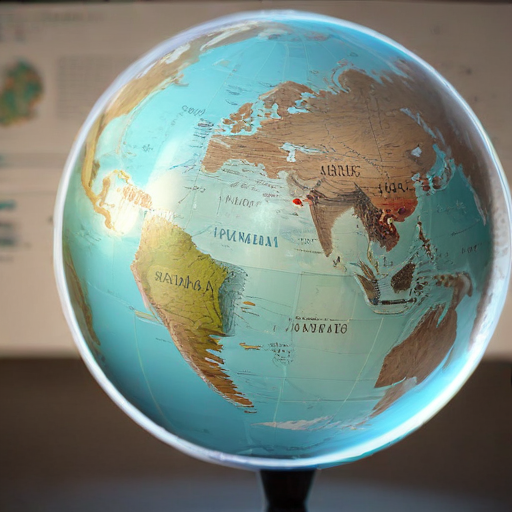Donald Trump is reigniting his interest in Greenland, calling for its acquisition from Denmark, a move reminiscent of his previous attempt during his first presidential term. This renewed focus highlights a pattern of provocative suggestions toward allied nations as he prepares to take office again on January 20.
In a recent announcement where he appointed his ambassador to Denmark, Trump emphasized the significance of Greenland’s ownership for national security and global freedom, stating, “the United States of America feels that the ownership and control of Greenland is an absolute necessity.”
Trump’s comments come on the heels of his recent remarks regarding the Panama Canal, which he suggested the U.S. could reclaim if shipping costs do not improve. He claimed that the U.S. is “getting ripped off” by current arrangements concerning the canal, further aggravating diplomatic sentiments by asserting that the principles behind its transfer to Panama must be upheld or the U.S. would demand its return.
The president-elect’s comments are not limited to Greenland and the Panama Canal but extend to Canada, where he has suggested the possibility of Canada becoming the 51st U.S. state. This has led to light-hearted exchanges, like referring to Prime Minister Justin Trudeau jokingly as the “governor” of “the Great State of Canada.”
Political analyst Stephen Farnsworth noted that Trump’s confrontational approach mirrors strategies he used in business: “You ask something unreasonable, and it’s more likely you can get something less unreasonable.” He opines that Trump aims for leverage through these unusual propositions, though they are met with sharp rebuttals, especially from leaders like Múte Bourup Egede of Greenland, who firmly stated, “Greenland is ours. We are not for sale and will never be for sale.”
As the discussions continue, Trump’s approach may indeed prompt different perspectives from international allies. Even if his aspirations don’t materialize, the dialogues may foster concessions or negotiations benefiting U.S. interests.
This scenario serves as a reminder of how diplomacy is often navigated through bold proposals and counter-proposals. While Trump’s methods may be unconventional, they spot the potential for rethinking relationships with strategic partners. The ongoing situation certainly warrants close observation, as global dynamics evolve.
In summary, Trump’s renewed interest in Greenland and the Panama Canal underscores his bold and sometimes contentious diplomatic style, aiming for significant negotiations despite dismissals from involved nations.
